How to find a certified green builder?
First look in the Ecohome Professionals Directory for a green home builder in your area. To find the right builder, here are some tips of what to look for and what to avoid.
First, start with an internet search in your local region (the closest town or city) alongside words like Passive House, LEED, ZNE, Passive Solar, Green Builder, or Green-home builder.
Passive House and LEED are green building certification programs, but even if you don’t want to bother certifying a home, finding a builder that has built a Passive House, LEED or ZNE certified home is a good thing because they'll know and understand the importance of the finishing details essential to a high-performance home.
There are no certified ‘builders’, only certified buildings;
Any builder who has successfully navigated a performance-rating system would be knowledgeable in the area of green home building, so is a good bet when searching for a contractor who knows how to correctly weather seal and air seal windows and doors, for example, which is an essential part of building a more efficient home.
Finding a green home contractor in our builder directory and in your local region will help ensure quality and experience as they are vetted. Be careful of who you find with a Google search because the term 'green' is heavily used for marketing. Aside from that, you can make some calls to local builders to see what types of homes they construct and ask a few basic questions to get a feel for their level of knowledge.
What questions to ask when choosing a green builder?
Below are a few good questions to start with, and many of the answers you should hear from candidates are hyper-linked.
- Do you build high-performance / energy-efficient homes?
- Do you build airtight homes?
- Do you conduct blower door tests?
- Do you do energy modelling?
- What do you do to avoid thermal bridging in walls?
- What are your preferred types of insulation?
- Which type of wall assembly do you recommend?
- What is the most important feature in a home that affects energy efficiency?
- Why do many basements smell moldy?
The answers you receive will quickly indicate the type of builder you are speaking with; either they will redirect, dismiss or dodge the question, or they will answer with confidence. If you are told any of the following – ‘you want your walls to breath’, ‘you don’t want a house to be too airtight’ or ‘building code is all you need‘, then you will know you are dealing with a base-level builder who wants to stay the course, not a player in the higher league of performance building.
You can prepare by doing some research on our pages about home performance, ventilation, durability, etc, so you are armed with a bit of info when you make calls. When you sign a home-building contract with a contractor, you are setting off on a pretty long trip together, so having a good relationship is very important at this point. A good builder should respect your goals for performance, durability, air quality, etc., rather than try to talk you down from them.
Basic building science (read more here) is not some confusing world inhabited only by physicists and engineers; for the most part it is just common sense that is accessible to all of us. And just because someone has been building homes for a couple of decades does not automatically mean they understand all the issues of durability and home performance.
Find architects, designers and technologists
Another avenue is to begin with a home designer who has a experience with performance homes, since they may have local builders they can recommend. The same goes the other way; if you find a builder you really connect with, ask if they have preferred designers they can recommend.
If you find a potential candidate who can’t take on your project themselves, ask for recommendations as local performance builders who have experience with Passive House, LEED, ZNE, Passive Solar Homes often know each other - they've often been on the same training courses.
Follow up on references and ask to visit a showhome
If there's one thing high performance builders love, it's to show off their handywork and to talk about the design details that make all the difference in a Green home build. Ask potential candidates for the position of "Your Green Home Builder" to put you in contact with former clients and to take you to see their former projects - preferably ones that are 2-3 years old.
Remember that building anything is complicated, that there are delays, overage on costs etc etc - but a good Builder will have communicated well with their clients, they will have overcome the obstacles and they often end up friends after a brief period of tension during the "will it ever be finished" phase! If the Green builder seems reticent to show off his work, ask yourself why and perhaps steer clear. You may be dodging a bullet!
If unsure, always ask!
If you end up getting conflicting information from different builders about what you ‘should do’ or what you ‘shouldn’t do’, or different wall systems and confusing quotes, drop us a question on our advice page and we may be able to help sort out the good from the bad.
Now that you know about how to choose a general contractor, find more pages about sustainable and efficient home building in the Ecohome Green Building Guide and these pages here:
And sign up here for a free Ecohome Membership and reap all the benefits! |

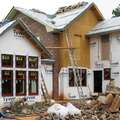
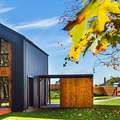

































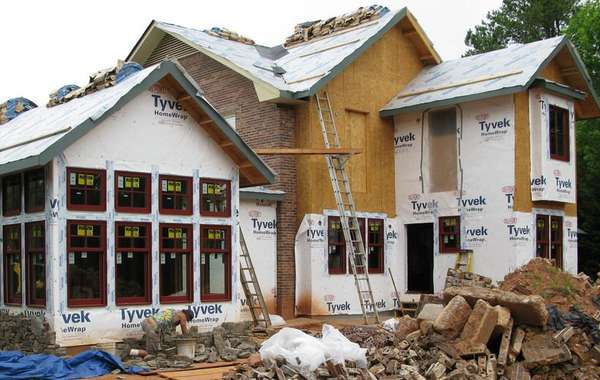
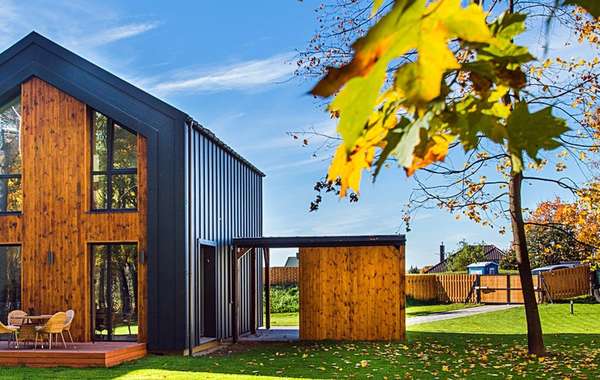

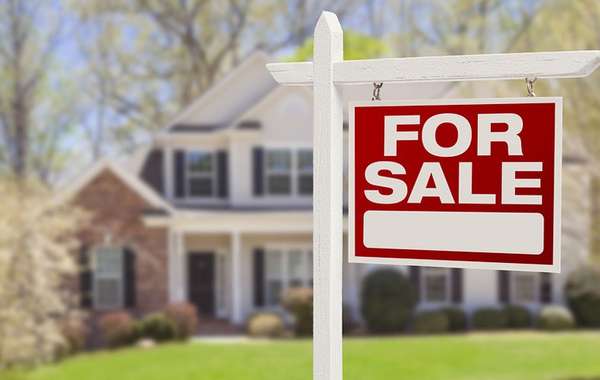



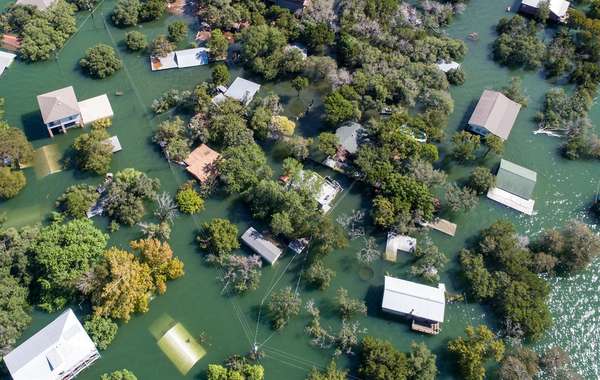

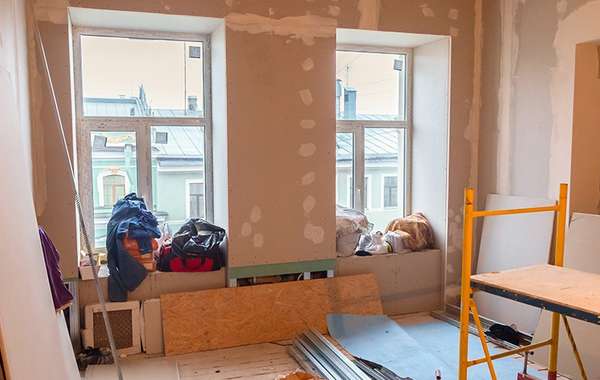
I live in Québec (the province) and searching the Internet for the keyphrases mentioned in this article is futile since the majority of people in the province speak French. Do you have some good alternative keywords or keyphrases in French?